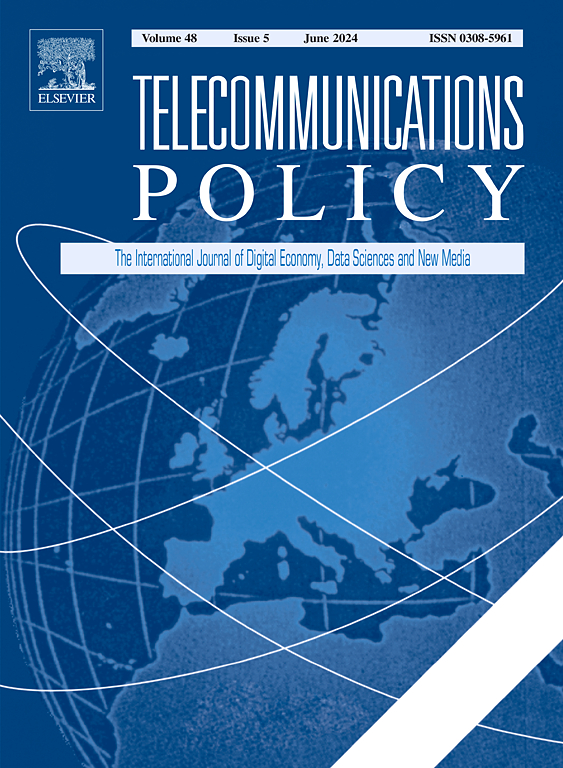技术扫盲与就业:对采用学习技术的调查
IF 6.4
2区 管理学
Q1 COMMUNICATION
引用次数: 0
摘要
本研究利用土耳其统计研究所(TSI)在 2015 年至 2023 年期间开展的信息和通信技术(ICT)使用情况调查,研究了出于教育、职业或个人目的的在线学习活动与就业可能性之间的关系。利用这项具有全国代表性的调查,我们分析了(1)在线课程注册情况和(2)在线学习参与情况(自学和基于交流的学习活动)及其与就业的关系。结果表明,所有形式的在线学习--课程注册、自学和基于交流的学习活动--都会对就业产生积极影响。就影响程度而言,在线学习参与与在线课程注册一样有用,这强调了参与的重要性,它可以补充正规或结构化的学习方法。此外,在线学习活动对女性和老年工人等弱势劳动群体的益处更大。研究结果强调了在线学习活动在促进终身学习和减少就业障碍方面的潜力,尤其是在老年人和妇女中。考虑到这些动态因素,本研究有助于政策制定者和从业人员制定更有效的战略,以解决性别差异问题,促进包容性劳动力参与。本文章由计算机程序翻译,如有差异,请以英文原文为准。
Technological literacy and employment: An inquiry into the adoption of learning technologies
This study investigates the relationship between online learning activities for educational, professional, or personal purposes and employment likelihood using the Information and Communication Technology (ICT) Usage Survey conducted by the Turkish Statistical Institute (TSI) between 2015 and 2023. Utilizing a nationally representative survey, we analyze (1) online course enrollment and (2) online learning engagement (self-learning and communication-based learning activities) and their relationship with being employed. The results highlight that all forms of online learning—course enrollment, self-learning, and communication-based learning activities—positively influence employment. Regarding the magnitude of the effects, online learning engagement is as useful as online course enrollment, underscoring the importance of engagement that can supplement formal or structured learning methods. Furthermore, online learning activities benefit disadvantaged labor groups such as female and older workers more. The findings emphasize the potential of online learning activities to promote lifelong learning and mitigate barriers to employment, particularly among older individuals and women. Considering these dynamics, this study allows policymakers and practitioners to develop more effective strategies to address gender disparities and foster inclusive workforce participation.
求助全文
通过发布文献求助,成功后即可免费获取论文全文。
去求助
来源期刊

Telecommunications Policy
工程技术-电信学
CiteScore
10.80
自引率
12.50%
发文量
122
审稿时长
38 days
期刊介绍:
Telecommunications Policy is concerned with the impact of digitalization in the economy and society. The journal is multidisciplinary, encompassing conceptual, theoretical and empirical studies, quantitative as well as qualitative. The scope includes policy, regulation, and governance; big data, artificial intelligence and data science; new and traditional sectors encompassing new media and the platform economy; management, entrepreneurship, innovation and use. Contributions may explore these topics at national, regional and international levels, including issues confronting both developed and developing countries. The papers accepted by the journal meet high standards of analytical rigor and policy relevance.
 求助内容:
求助内容: 应助结果提醒方式:
应助结果提醒方式:


